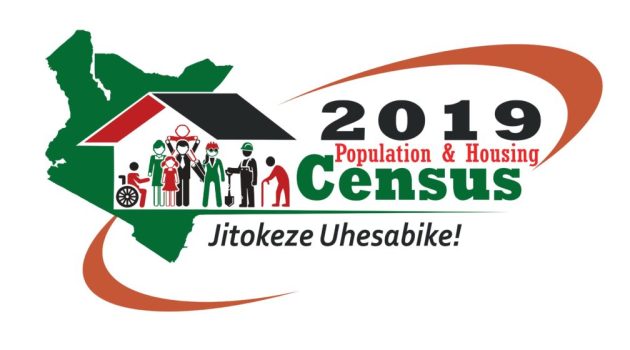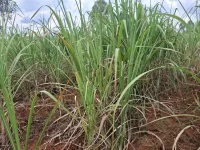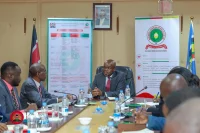We are only two weeks away from the national census and the Kenya National Bureau of Statistics is wrapping up the preparations for the exercise.
The decennial census is set to run from the 24th to the 31st of August. With a budget of Sh 18.5 billion, KNBS Director General Zachary Mwangi hopes that his team will be able to count everyone and give accurate and credible figures.
Those outside the border, including persons in the diaspora, will not take part in the count. However, KNBS has developed a form where households will declare if they have relatives living outside the country.
What questions will Kenyans be asked during this exercise? Here are some questions Kenyans should expect.
Age, Sex, Marital Status
These questions are actually inevitable because it is the basic information which is very critical. It primarily helps in classifying Kenyans which is an important piece of message critical for national planning.
Births, Deaths, and Migration
Deaths are for measuring the mortality rate in Kenya as well as the areas most affected with the same. Loved ones of the departed will be the ones giving information on the deaths that occurred over the period since the last census.
Questions about one’s previous residence will be asked with a view to capturing reasons why people migrate internally such as seeking a job, education or getting married.
Females of 12 years and above will be asked particulars of births to assess fertility rate.
Educational Attainment and Labour Force Particulars
Getting this information is important in gauging the literacy level in the country. It will also help in knowing whether or not illiteracy and/or literacy has affected the development of the nation.
People will also be asked about what they trained for because that’s where one gets skills for the workplace. KNBS wishes to have an elaborate module on the labour and hence knowing the number of Kenyans who are over-employed, underemployed and unemployed helping the government know why it is so.
Forms of Severity of Difficulties in performing daily life activities
This is basically to know the number of people living with disabilities and how they can be helped find a place and purpose in society.
Access and Ownership of ICT equipment and services
As Kenya is slowly getting into the digital age, information about ICT is very important. Questions will be asked about the ownership and access to ICT. The information will help know the number of Kenyans who can access the internet and other forms of the latest technology.
Some questions will also be asked about E-Commerce just to know how many Kenyans transact online. You will also be asked whether or not you have bought or sold anything online.
Crop farming livestock and agriculture
Data on agriculture would be key in supporting the Big Four Agenda. The previous census only captured livestock data and did not collect data on agriculture.
Housing characteristics and ownership of assets
Information about ownership of assets and housing basically gauges how much Kenyans own and what the levels of poverty are in the country.













Leave a comment